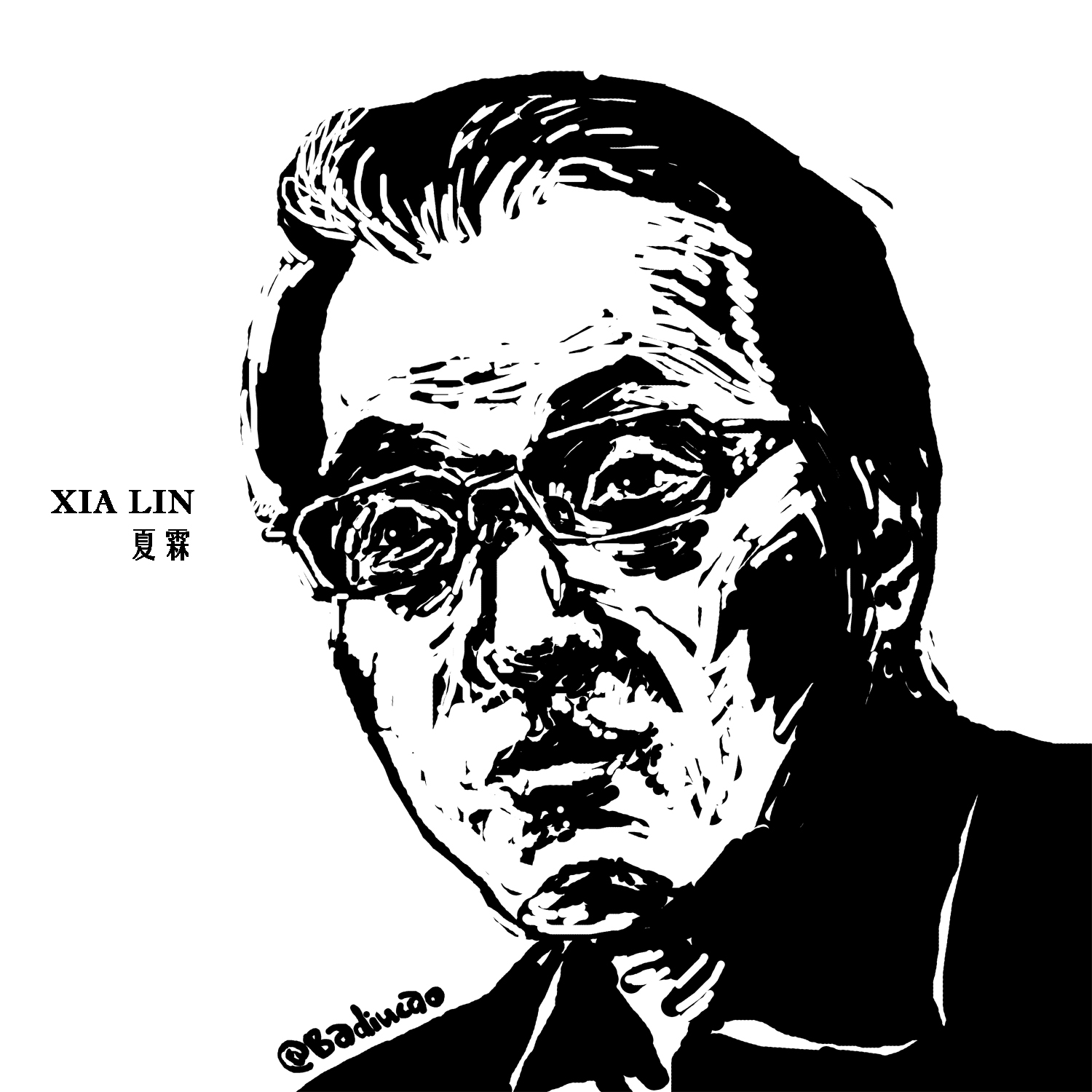Commenting on the Xi administration’s ongoing crackdown on rights activism and legal advocacy, writer and free speech activist Murong Xuecun describes how the campaign represents a change in the terms of an unspoken pact between the Party and the people. From The New York Times:
All along, China’s leaders have had an implicit pact with the people: We’ll leave you alone if you leave us alone. Get as rich as you’d like, and you’ll have a lot of personal freedom, but steer clear of politics. For many older Chinese who lived through the Mao years, the expansion of personal freedoms has felt revolutionary.
The convictions of the four men [Zhou Shifeng, Hu Shigen, Gou Hongguo, and Zhai Yanmin] in the Tianjin court are another sign that the terms of the pact are changing. The government of President Xi Jinping is hypersensitive to criticism and will no longer stay out of our personal lives. Private conversations are fair game for punishment.
[…] The Chinese government has always monitored the personal communications of its perceived enemies, but rarely, if ever, has it used private conversations as evidence in court. Its preferred cudgels for critics have been trumped-up charges for crimes like prostitution and illegal business or tax practices.
[…] If a few remarks in private, even by a party official, can be a crime, then all of society lives in dread. [Source]
The four Black Friday detainees mentioned by Murong Xuecun above all pled guilty in their court trials last month, and saw their courtroom comments used by state media in a propaganda campaign blaming “foreign hostile forces” for training them in an effort to foment a color revolution capable of destabilizing China. Other Black Friday detainees had been reportedly released on bail (though their families and friends have yet to see them free) after offering confessions which were highlighted in Chinese media reports. At The Guardian, Michael Caster and Peter Dahlin report on the upcoming court case against lawyer Wang Quanzhang—expected to be another “show trial”—arguing that Wang should be celebrated rather than persecuted. Dahlin himself was detained early this year, and featured in a televised confession, and the Chinese Action NGO he and Caster founded was shut down.
Wang has drawn the ire of the government many times for his defence of villagers against corrupt local officials, Falun Gong practitioners and fellow rights activists such as Ni Yulan whose treatment in police custody in 2010 left her confined to a wheelchair.
In 2013, Wang was detained during trial for refusing a judge’s illegal demand. This was perhaps the first instance of a rights lawyer being held under a process called judicial detention. Hauling away a lawyer in the middle of defending his client aptly illustrates the barriers to legal aid in China.
Following his release, Wang characteristically treated the incident as a learning opportunity and wrote a legal manual on judicial detention for rights defenders. Wang often devoted as much time to assisting other lawyers as he did defending the rights of those who few others dared to represent.
For this he has suffered in secret detention for over a year and now faces a show trial on charges of subverting state power.
Having known Wang for many years and worked together at China Action until early 2014, we can say he is one of the bravest people we will ever meet. His commitment to the rule of law is unimpeachable. The charges are baseless. […] [Source]
The most recent casualty of Xi’s crackdown was prominent civil rights lawyer Xia Lin, who was this week sentenced to 12 years in prison on fraud charges. Unlike the four Black Friday detainees, Xia maintained his innocence and vowed to appeal the verdict, one potential reason for the unexpected harshness of his sentence—the longest yet in the ongoing crackdown. See also CDT’s translation of an essay and poem by Qu Minglei lamenting Xia’s harsh sentence.








